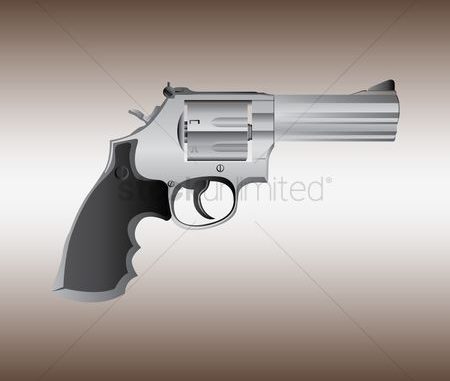
One pet peeve of mine is how often writers get firearm details wrong. Plenty of writers who don’t know which end of the gun to hold in real life use guns in their stories. Just so you know guys, it shows and people care.
I can see the temptation to use guns in stories. Stories get a lot of their energy from conflict and tension. Introducing guns in the equation is a cheap and easy way to up the voltage. You get faster results with a harsh word and a handgun than with harsh words alone. There’s nothing wrong with using guns to make things happen. Unfortunately, all that tension and suspense is lost if the guns are described or used in a highly inaccurate manner.
American writers have no excuse. We are a heavily armed nation. If you need to know something about guns, it’s easy to find out. In fact, I would recommend joining a shooting range and getting some lessons. Nothing like actually shooting a variety of guns to know their strengths and limitations. Heck, it’s research so may even be able to write it off your taxes. Don’t take my word for it, as I haven’t paid taxes in years.
Some writers in other parts of the world have their work cut out for them. If they did not serve in their country’s military, they may never get the opportunity to handle a real gun. That’s where careful research comes into play. Just as a priest can be a marriage counselor, a writer who studies can learn enough not to make a fool of themselves.
Here’s the thing about guns: they are not magic talismans. Just because you have a gun doesn’t mean that people will do what you want them to do. People can be pretty crazy and even the threat of a gun might not sway them. Not only that, there are some real physical limitations. For example, let’s assume a trained police office has a holstered sidearm. A man with a knife is ten feet away. Can the officer draw his gun and shoot knife man before getting stabbed? Probably not. All things being equal, if a person is within ten feet he can reach the officer before the gun can be drawn, aimed and fired.
If guns are going to be a big part of your writing, take the time to learn about them. What if you only occasionally need a gun in your stories? You don’t need to know everything about every gun, but you should know the basic function and nomenclature of a few. It’s as useful a skill for a writer as knowing who’ll spot you a drink until pay day.
-Raymond M. Coulombe
Leave a Reply